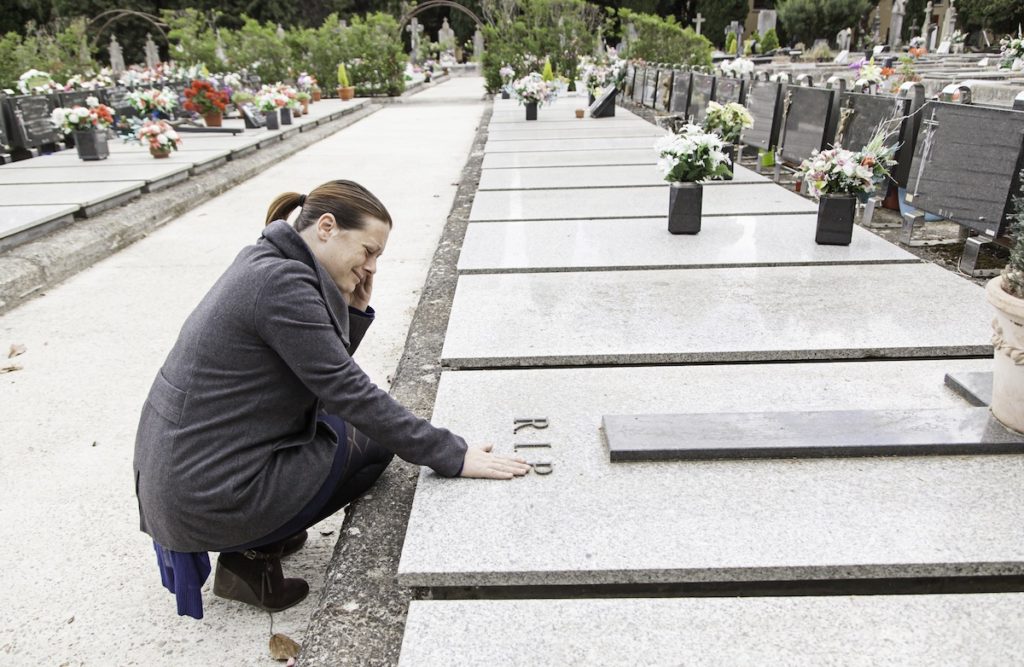Lorelie Rozzano is a guest blogger for Vertava Health.
144 People Will Die From Overdose Today.
More Americans died of drug overdoses in 2016 than died in the entire Vietnam War. Yet there’s little compassion for those struggling with addiction. Many think addicted persons should just snap out of it or stop. Addicted persons think that too. At least, they do at first. But the addicted person’s brain isn’t wired like their non-addicted friends. Non-addicts can drink or drug to excess and stop. Addicted persons can’t. This may be the most confusing part of this illness. Addicted people look like everyone else. They’re trying to use substances like everyone else, too. Imagine two young men eating a chocolate bar. Not so gruesome, right? Now imagine one of the young men feels nauseous and is very thirsty. He takes another bite of his chocolate bar and throws up. He feels dizzy and needs to use the bathroom. His friend, on the other hand, doesn’t feel any of this. He enjoys the taste of his chocolate bar without any of the side effects. Eventually, the sick young man learns he has diabetes and uses insulin to cope with his illness. He doesn’t stop eating chocolate bars, instead, he adjusts his insulin to manage the symptoms. You wouldn’t tell the diabetic to snap out of it or smarten up. He has no control over his pancreas. Neither does the addicted person have control over the changed cell structure in their brain. Addiction is ugly. Not only does it affect a person’s physical body, it also affects the way they think, feel and behave. Substance users have been referred to as sinners, junkies, drunks, losers, and bad people who lie, steal and do risky things to acquire more alcohol and/or drugs. [middle-callout] But looks are deceiving. Addiction is not a moral failing. It’s a terminal illness. One that erodes a person’s self-control and ability to make sound, rational decisions. Basically, the addicted person is temporarily out of their mind. The urge to use is so intense, they will do anything to get their next fix. This creates a cycle of shame and secrecy. In 2015 more than 52,000 North Americans died of drug overdose, according to the Center for Disease Control and Prevention. That’s an average of one death every ten minutes. Sadly, if the statistics were in for 2017 the death toll would be much higher. International Overdose Awareness Day (IOAD) is a global event held on August 31st each year aiming to raise awareness of overdose and reduce the stigma of drug-related deaths. It also acknowledges the grief felt by families and friends remembering those who have met with death or permanent injury as a result of drug overdose. Overdose Day spreads the message that the tragedy of overdose death is preventable. According to the National Center on Addiction and Substance Use at Columbia University, addiction is highly misunderstood and greatly undertreated. Only one in ten struggling with this illness will receive treatment for it. These deaths are more than just numbers. They are people’s children, parents, sisters and brothers. They’re grandchildren, aunts and uncles. They’re teachers, doctors, lawyers, police officers, friends and your neighbors. Every person that died from an overdose was once a child who had dreams of playing football or being a veterinarian. Not one dreamt of becoming addicted, but it happened anyway. A sports injury or surgery. A dental extraction. A doctor with a prescription pad. A friend with a pill. The ‘junkie’ with a needle in their arm did not start out that way. They started out like everyone else –innocent, precious children. Dedicating a day to honor those we love and lost, is a start. But we need to do more. It’s not as easy as just say no. Addiction is a complicated illness. Very seldom does the substance user consider dying when getting high. Most addicted persons feel like they’ll die when they don’t use. The family’s health is affected, too. The stress of living with an addicted person creates chronic, long term, physical, emotional and psychological health problems. So what is the solution? Tough love? Harm Reduction? Unconditional love? Intervention? Mandatory commitment laws for overdose patients? Longer term treatment with continuing care support upon release? For recovery to occur, a thorough assessment must be made. [bottom-inline-cta] You can help right now. Break the stigma. Share this post. Education saves lives. Addiction is not a choice. It’s a chronic brain disease which affects reasoning, behavior and impulse control. This is a complex illness and no two people are alike. Most often addiction is rooted in pain and trauma. Healing begins when we peel back the layers and find out what is driving the pain. Although addiction is terminal it is also very predictable, which makes it highly treatable. People can and do recover. It happens every day. To the people living in recovery, you inspire us with your courage and strength. To the men and woman who continue to struggle, we are here for you. To the families who lost a loved one to overdose, our thoughts and prayers are with you. If you or someone you know needs help, please call this confidential support line for assistance. 844-470-0410.


